We selected latest arrivals from our collection of EMBL alumni and EMBL authors’ books, giving focus to science related topics such as methods and protocols in molecular biology, views on evolution and environment, or autobiography of a scientist.
We hope our collection will inspire many of EMBL staff and alumni to share with the world their eclectic knowledge and unique experience of a life in science.
In our Special collection of EMBL alumni and EMBL authors can be found:
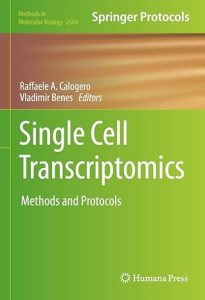
Edited by Raffaele A. Calogero and Vladimir Benes
Written in the highly successful Methods in Molecular Biology series format, chapters detail basic analytical procedures, single-cell data QC, dimensionality reduction, clustering, cluster-specific features selection, RNA velocity, multi-modal data integration, and single cell RNA editing.
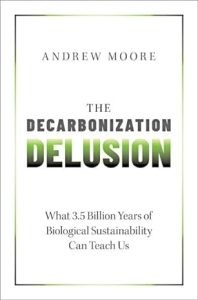
By Andrew Moore
This book gives an overview and analysis of some of the most pressing challenges and considerations in the area of decarbonization of economies from the perspective of chemistry and biology. We are likely to do more environmental damage by breaking free from carbon than if we embrace the impressive capacity that carbon-based energy-carriers and materials have for creating circular economies with zero net CO2 emissions.
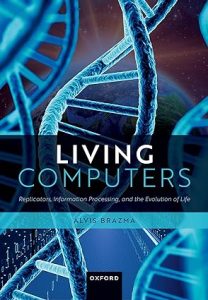
By Alvis Brazma
This book explores the fundamental connections between life and information and how they emerged inextricably linked, taking the reader on a journey through all the major evolutionary transitions. It records the entire path of how life’s information has evolved, starting from the growing polymers of pre-life leading to the first replicators, through RNA and DNA to neural networks and animal brains, continuing through the major transition of human language and writing, into computer clouds, and finally heading towards an unknown future.
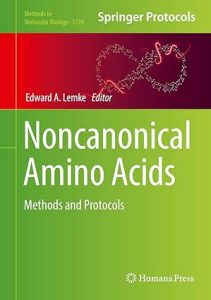
Edited by Edward A. Lemke
This volume of Methods in Molecular Biology series, covers some of the most widely used protocols on noncanonical amino acids, providing details and advice for users to get each method up and running for their chosen application. Chapters have been divided into three parts describing methods for protein production in the test tube, in prokaryotes, and in eukaryotes.
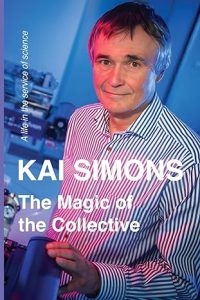
By Kai Simons
This memoir is not simply an account of Kai Simons’ career in cell biology. It is witness to the many changes that have occurred in Europe from the immediate post-war period in Scandinavia, through the affluent late twentieth century in Germany, including reunification and the growth of science and technology in the former soviet-bloc. It is a reflection on many aspects of modern scientific research including the current domination of competition over collaboration, scientific fraud and whistleblowing, and the dichotomy between science and the arts.




